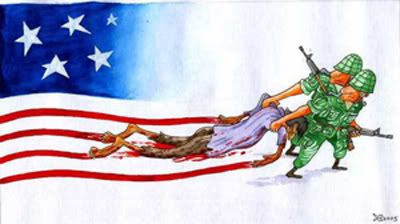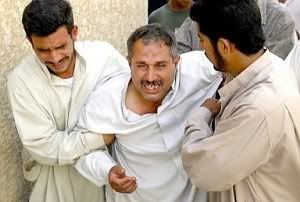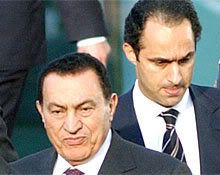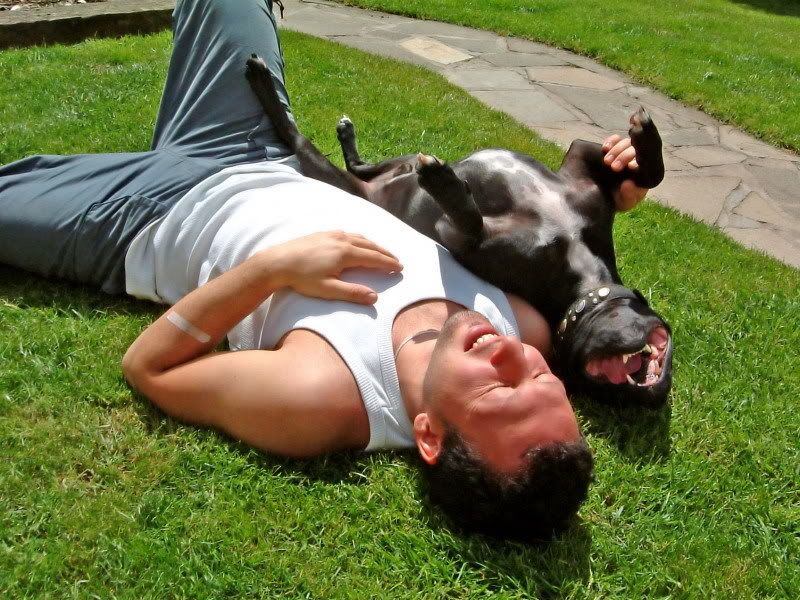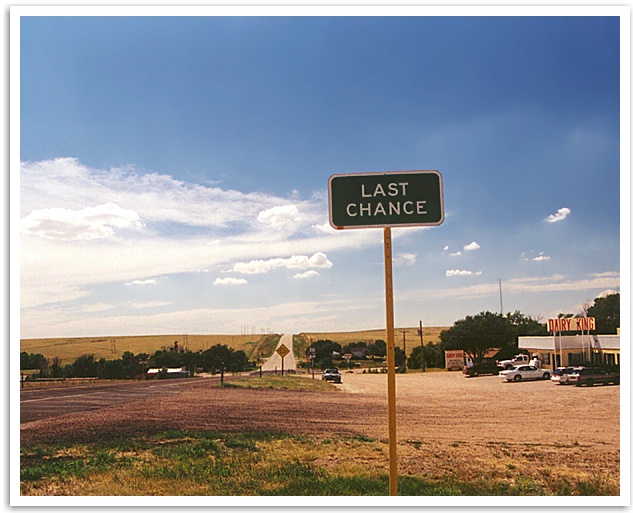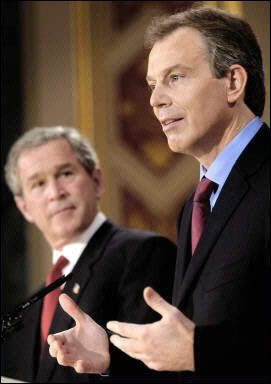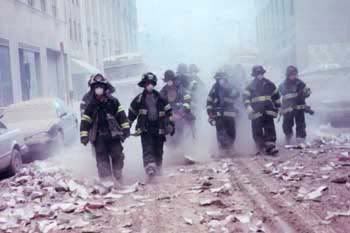 The 9-11 Victims Compensation Fund made awards to 1,400 FDNY employees. But almost twice that number have filed affidavits of their 9-11 service in case they develop or die from an illness stemming from their time at the site (FDNY)
The 9-11 Victims Compensation Fund made awards to 1,400 FDNY employees. But almost twice that number have filed affidavits of their 9-11 service in case they develop or die from an illness stemming from their time at the site (FDNY)Preparing for a higher 9/11 toll, the Village Voice reports:
New York can no longer breathe easy about the fate of people who responded to Ground Zero—not after the case of Detective James Zadroga, the high-profile workers comp fight of former deputy mayor Rudy Washington, or the study finding that first responders on 9-11 typically absorbed about 12 years' worth of lung damage in a single, bad day. None of this is surprising to the men and women who raced to the towers and have been struggling for months or years to catch their breath, literally. Nor is the risk of WTC illness news to city and state officials, who haggled at length over a law that grants Ground Zero rescuers a presumptive line-of-duty disability if they come down with certain illnesses. That measure was signed last year.
But the Zadroga case and others like it have upped the stakes, because people aren't just getting sick. Now, they are dying. And when they die, their families will not be able to collect disability payments for as long as they would have if the death had been in the line of duty.
That's why public employee unions are pressing for another presumptive bill, this one covering death benefits. The assembly version sponsored by Speaker Sheldon Silver (A11255) and its Senate counterpart by Sen. Martin Golden (S7885-A) are "intended to rectify this inequity, so these brave men and women facing a grim medical prognosis, need not worry about the financial future and security of their loved ones and dependents," according to the bills' write-up.
The proposed law would cover "uniformed personnel who participated within one year of the terrorist attack, in rescue, recovery, clean-up and related activity at or near ground zero, worked at the Fresh Kills Land Fill, worked at the New York morgue or the temporary morgue on pier locations on the west side of Manhattan, or manned barges between the west side of Manhattan and the Fresh Kills Land Fill." It would apply to people who "registered within the time period specified in such law, or would have met the criteria if not already retired on an accidental disability."
The Bloomberg administration opposed the presumptive disability bill because of the costs it could impose on the city, estimated at around $50 million a year. The deaths benefits bill would add to those costs. But the exact price tag of either measure is a mystery. The city's Independent Budget Office hopes to generate a projection, but IBO chief of staff Doug Turetsky tells the Voice, "At this point, we haven't got the data to do that." The effect of the Ground Zero diseases on thousands of rescuers is a great unknown. Nobody can predict how many will suffer or succumb, or when.
Already, thousands have filed affidavits attesting to their WTC-related service. So far, 2,596 active and retired members have filed Ground Zero affidavits with the FDNY pension fund; 2,870 with the Police Pension Fund; and 973 with NYCERS. Ostensibly, those affidavits are for potential future disability filings under last year's presumptive law. But some first responders who already have line-of-duty disability benefits might be filing in anticipation of the death benefit that will adhere should the Silver/Golden measures become law.
Many 9-11 rescuers have no choice but to make these kinds of calculations. They were forced out of work years before they thought they would leave, and could face either a prolonged retirement or a premature death. Some are wrestling with difficult decisions over how to structure their pensions, trying to balance their current need for income against the possibility that they will die early and leave families behind. Complicating the picture is that while some first responders received payouts from the federal Victims Compensation Fund, others did not. The VCF, for example, didn't cover people whose primary ailment was post-traumatic stress disorder.
The fund is closed. But symptoms of other underlying illnesses are only now emerging. Nearly five years after 9-11, in bronchioles and bloodstreams, the attack continues.


